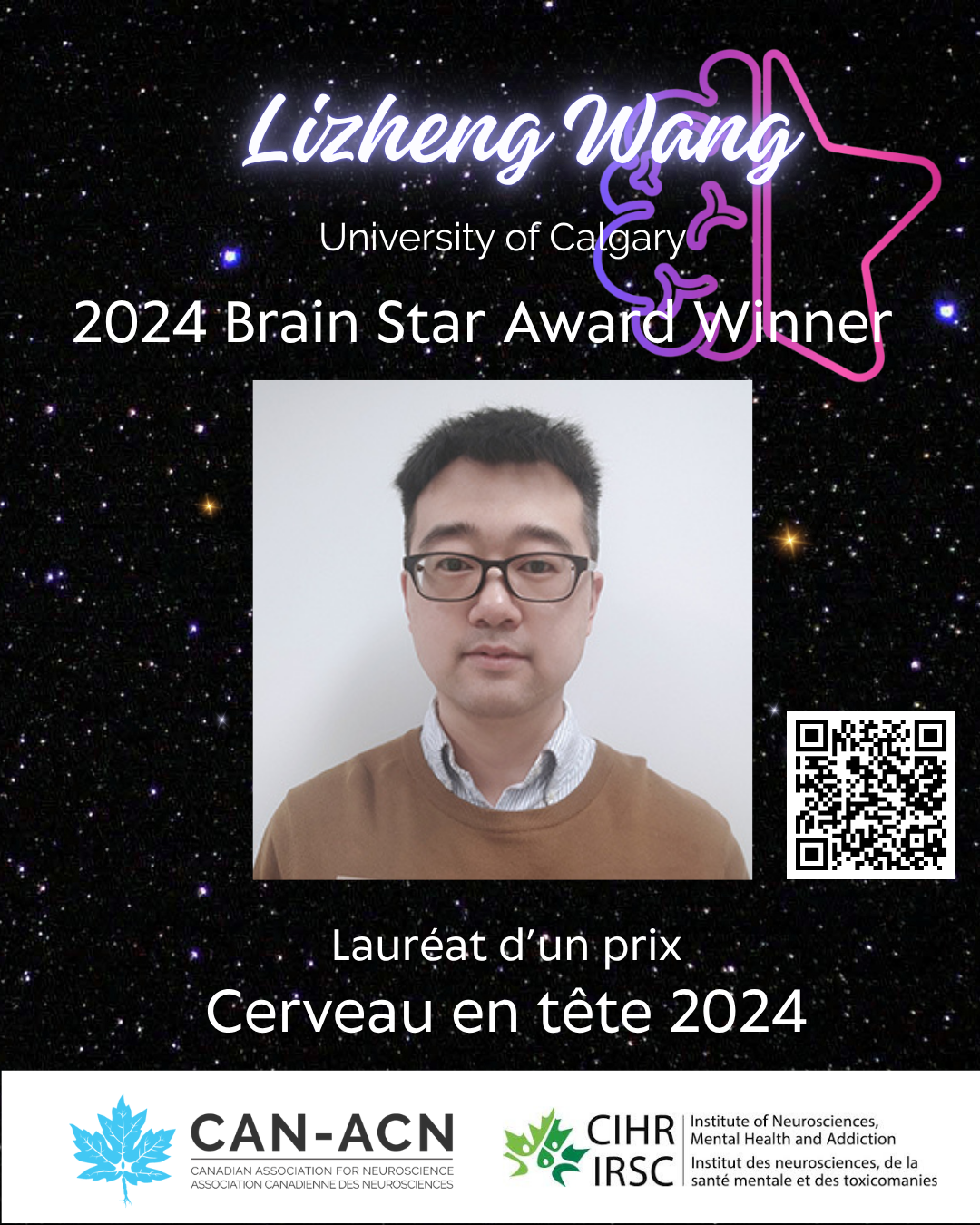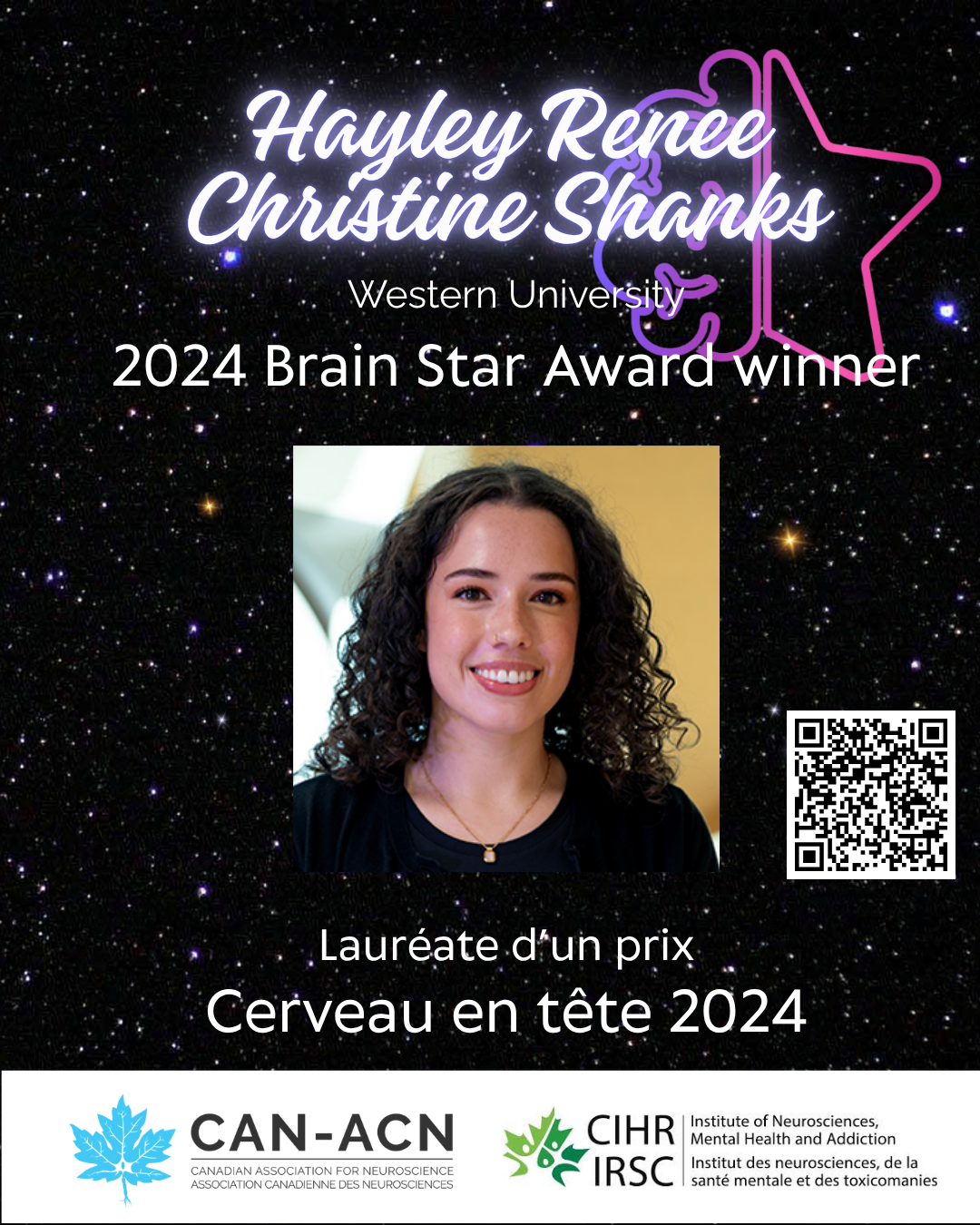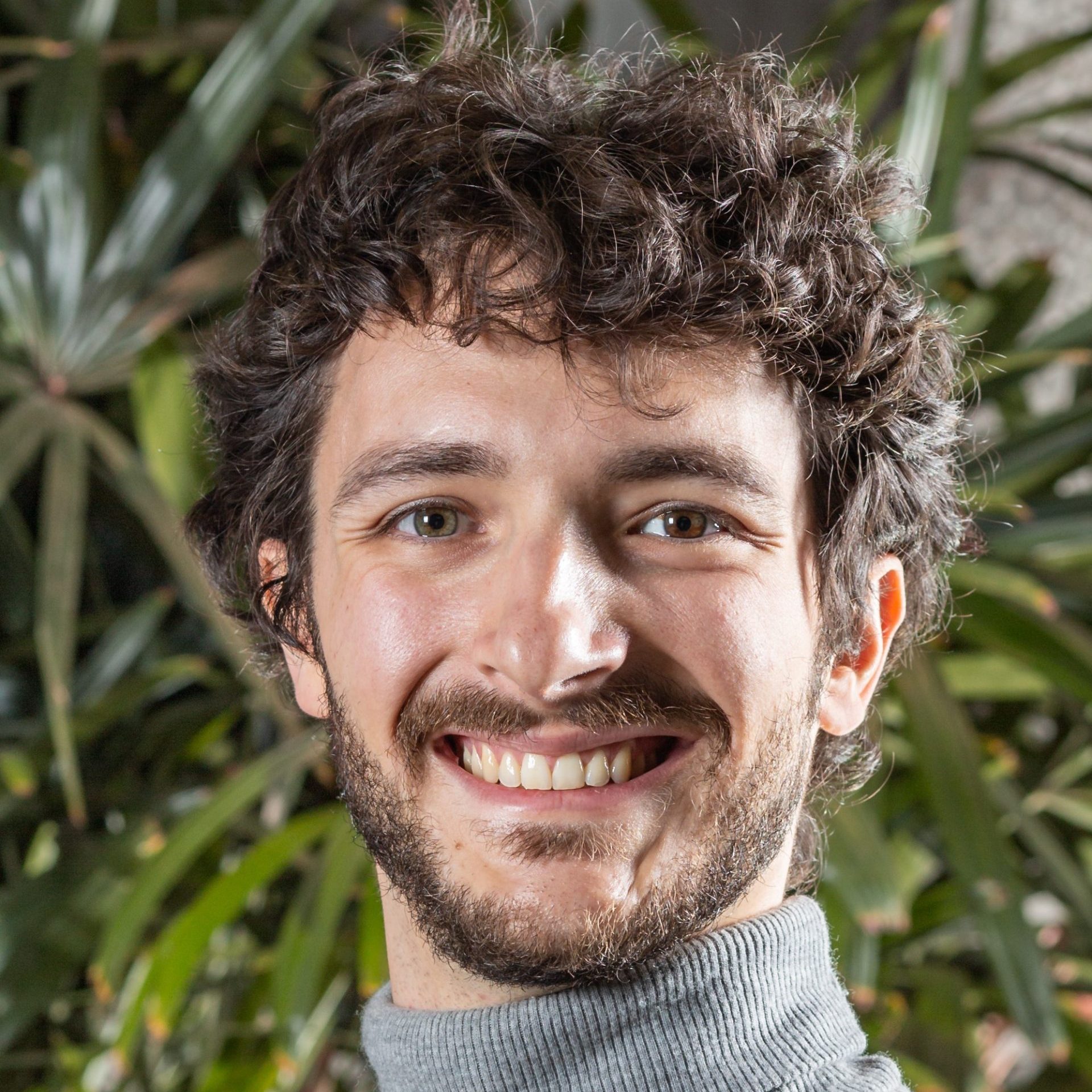Author: Julie
-
CAN Connection – Summer 2025
We invite you to read our latest newsletter! Content:
-
Brain Star Award feature: Lizheng Wang, University of Calgary
Uncovering the role of cilia in astrocyte development and function Astrocytes are a type of cells that act as crucial regulators of nearly all aspects of the brain. Different types of astrocytes exist; however, little is known about how different subtypes of astrocytes are created during development to differentially support their local neural circuits. Lizheng…
-
Assistant or associate professor-researcher in Neuroscience related to neurological disorders and/or neural regeneration and precision health – Université de Montréal
Neuroscience Axis, Centre de recherche du Centre hospitalier de l’UdeM (CRCHUM) Department of Neuroscience, Faculty of Medicine, Université de Montréal (UdeM) The Neuroscience Research Axis of the CRCHUM and the Department of Neuroscience of the UdeM are inviting applications for a position of assistant or associate professor-researcher in neuroscience with focus on understanding the mechanisms…
-
Director of the Neuro (Montreal Neurological Institute Hospital)
_______________________________________________________________________________________________________________ DIRECTOR OF THE NEURO (MONTREAL NEUROLOGICAL INSTITUTE-HOSPITAL) a joint leadership position within the Faculty of Medicine and Health Sciences, McGill University and the McGill University Health Centre The McGill University Faculty of Medicine and Health Sciences and the McGill University Health Centre invite applications for a full-time position at the rank of Full Professor…
-
CAN 2025 Meeting EDI Session: Economic barriers to trainee achievement, retention and funding opportunities
This event was organized by the CAN Equity, Diversity and Inclusion committee chairs Jenn Murray and Derya Sargin and hosted and moderated by Dr. Paul Sheppard (postdoctoral fellow, UWestern) and Dr. Olivia Reshmi Ghosh-Swaby (Postdoctoral fellow, UWestern). It started with a presentation by Support Our Science Representative Shalini Iyer, and was followed by a panel discussion about economic…
-
Brain Star Award feature: Hayley Renee Christine Shanks, Western University
Phase 2a clinical trial reveals a small molecule called LM11A-31 is safe and slows progression of many features of Alzheimer’s Disease Alzheimer’s disease (AD) is a debilitating neurodegenerative disorder for which there is no cure. Therapeutics available to the approximately 734,000 Canadians living with AD provide symptom management without slowing disease progression. Hayley Renee Christine…
-
Assistant or Associate Professor (tenure-track type) in Addiction and Mental Health
Assistant or Associate Professor (tenure-track type) in Addiction and Mental Health Neuroscience Axis, Centre de recherche du Centre hospitalier de l’UdeM (CRCHUM) Department of Psychiatry and Addictology, Faculty of Medicine, Université de Montréal (UdeM) The Neuroscience Research Axis of the CRCHUM and the Department of Psychiatry and Addictology of the UdeM are inviting applications for…
-
Assistant/Associate Professor (Research), Single Cell Genomics, Department of Psychiatry (2 positions) – McGill University
https://mcgill.wd3.myworkdayjobs.com/en-US/McGill_Careers/job/Douglas-Hosp-Burland/Assistant-Associate-Professor–Research—Single-Cell-Genomics–Department-of-Psychiatry–2-positions—C3-231215-_JR0000050127-1 Position Description The McGill University Department of Psychiatry, in collaboration with the Douglas Research Centre (DRC) in the Faculty of Medicine and Health Sciences, invites applications for a full-time Contract Academic Staff position at the rank of Assistant or Associate Professor (Research) in the field of Single Cell Genomics applied to the brain and…
-
Brain Star Award feature: Andrea Luppi, McGill University
Understanding how the brain’s network architecture shapes its capacity to transition between different states To support the diversity of human cognitive functions, such as learning, thinking, reasoning, remembering, problem solving, decision making, and attention, brain regions flexibly form and dissolve connections on the fly. How is the brain’s capacity to transition between different functional configurations…
-
Assistant Professor (Research), Department of Psychiatry, Artificial Intelligence in Psychiatry, McGill University
Reference # C1-250507Faculty of Medicine and Health Sciences – Department of Psychiatry and the Douglas Research Centre Position description The McGill University Department of Psychiatry, in collaboration with the Douglas Research Centre (DRC) in the Faculty of Medicine and Health Sciences, invites applications for a full-time Contract Academic Staff position at the rank of Assistant…




